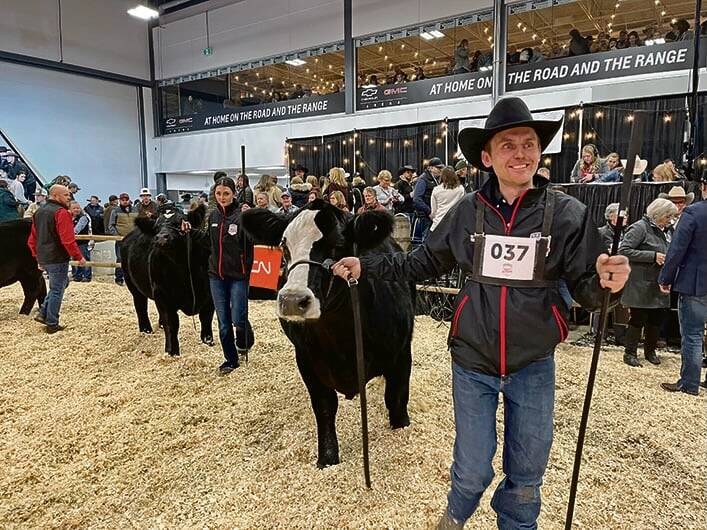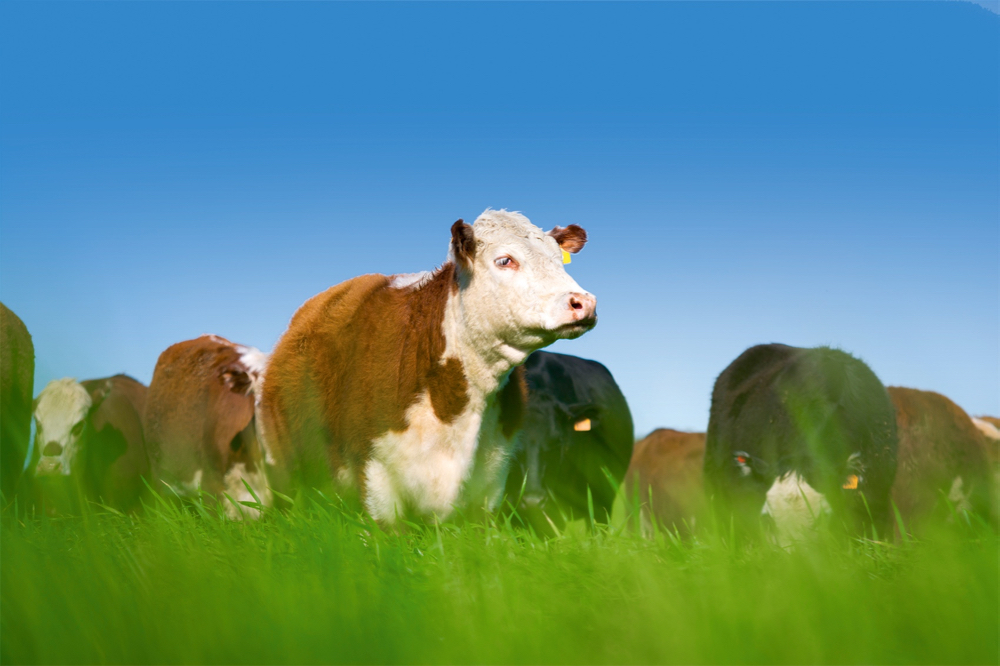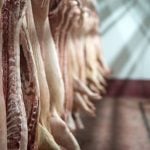Raising cattle on Canada’s prairies is often a family business that requires all hands on deck working together for the best results. This necessary cohesion is never more evident than during cattle-handling times that can be stressful for cattle and pressure-packed for cattle handlers. The human-animal communication and tactics of handlers are always key factors in how the day goes.
And that is exactly why Merck’s Creating Connections program hosted two workshops recently at Manitoba Beef and Forage Initiative’s (MBFI) Brookdale site near Brandon, Man. The outputs of the two workshops were the same: Cattle handled with low-stress methods are more productive and cost-effective whether measuring feeding efficiency, net gain, meat quality or milk yield.
Read Also

What to know before you go to Agribition 2025
If you’re attending Agribition 2025, this is the place to find out about tickets, dates and what’s happening this year.
The focus on productivity and cost-effectiveness spiked a lot of interest from producers for both MBFI workshops. But the two events were different in that one of the workshops was for women only.
“Our main concept with Creating Connections is a little different in that we are guiding animals instead of pushing them, which is a little outside the box for some long-time cattle handlers,” said Amanda Elzinga-Pugh, a Merck Animal Health rep from Alberta who, along with Merck colleagues Dr. Colleen Pollock and Heather Davis, delivered the women-only workshop. “The decision to hold one workshop specifically for women resulted out of pure interest for the program and our want to get as many persons to our workshop as possible.”
According to Elzinga-Pugh, the opportunity to learn new approaches to cattle handling with their peers was a welcoming factor for many of the women who attended the workshop.
“They all shared the same interest in care for animal health and doing their part to help improve that potential.”
Low stress is a positive thing and that applies to cattle too. Regina-based Lee Sinclair is an account manager for the farm animal business unit for Merck Animal Health who oversees the company’s cattle handling program in Saskatchewan and eastern Alberta.
Sinclair says Merck developed the Creating Connections program in 2014. Low-stress handling offers health benefits to the cattle by decreasing physical and psychological stress. The Merck Creating Connections website contains eight modules around cattle handling, including references to studies that show it improves an animal’s immunity, response to vaccination and reproductive performance, while lowering the incidence of death and disease. On top of all that, low-stress handling also prevents injury to animals and producers alike.
“We are seeing a great deal of producer interest,” said Sinclair, pointing to the open-to-all producers MBFI workshop that was full a week in advance.
“There are two primary goals with our workshops. The first is to train people to utilize the methods Merck endorses to care for the animals and the second is to connect the audiences to our Merck product line for animal health.”
Sinclair says the origins and concepts of the Merck Creating Connections program took shape from the animal handling observations and expertise of three veterinarians, one each from Brazil, the United States and Australia. Sinclair says that tailoring to a specific audience — as in the case of the women-only MBFI clinic — is something they have the flexibility to do on a number of fronts.
Ramona Blyth, MBFI chair and a beef producer from MacGregor Man., says the interest of women in general extends well beyond specialized events.
“There were women at the producers event held a week later at MBFI,” notes Blyth. “And truthfully, for some at the women’s event it did matter and for some it didn’t matter that there were only women in attendance. The two workshops did give opportunity for everyone to take part in whatever workshop suited their needs best.”
The two workshops were staggered, she adds, to allow different members of a family to take part.
“Running a farm operation requires a lot of attention and knowledge,” says Blyth. “These two workshops did allow for at least one person from the farm to attend on each day as opposed to only sending one or the other or both on the same day.”
MBFI is a Brandon-based collaborative effort between Manitoba Agriculture, Manitoba Beef Producers (MBP), Ducks Unlimited Canada (DUC) and the Manitoba Forage & Grassland Association (MFGA), with input from producers, researchers and other industry stakeholders across Canada.
Blyth believes anyone who attended the workshop took something home, regardless of age, ability or gender.
“It was a good personal development day for each of us to take home what we learned and advance it within our own operations,” she says. “When it comes to raising cattle with the best care possible, knowledge is power and we all learned something today.”
















